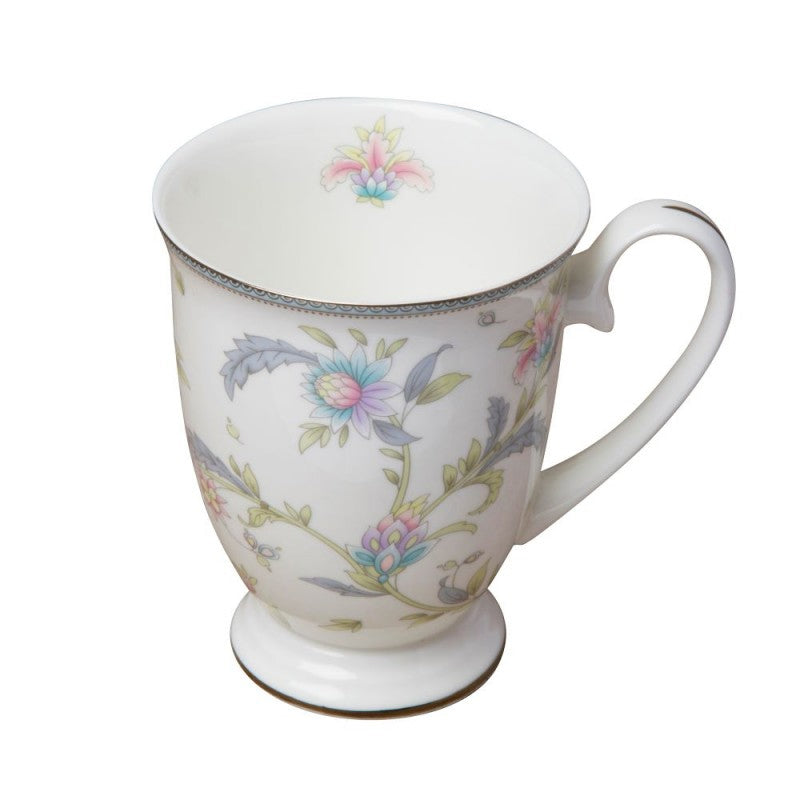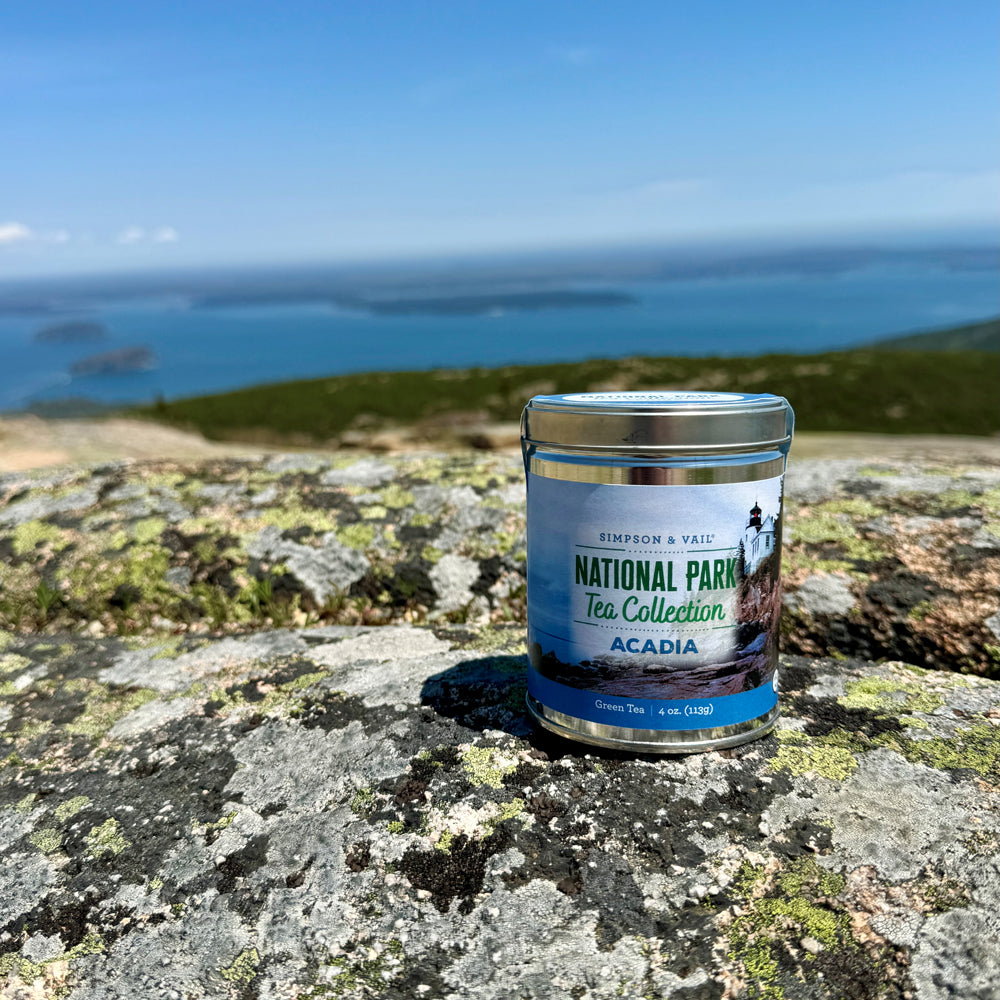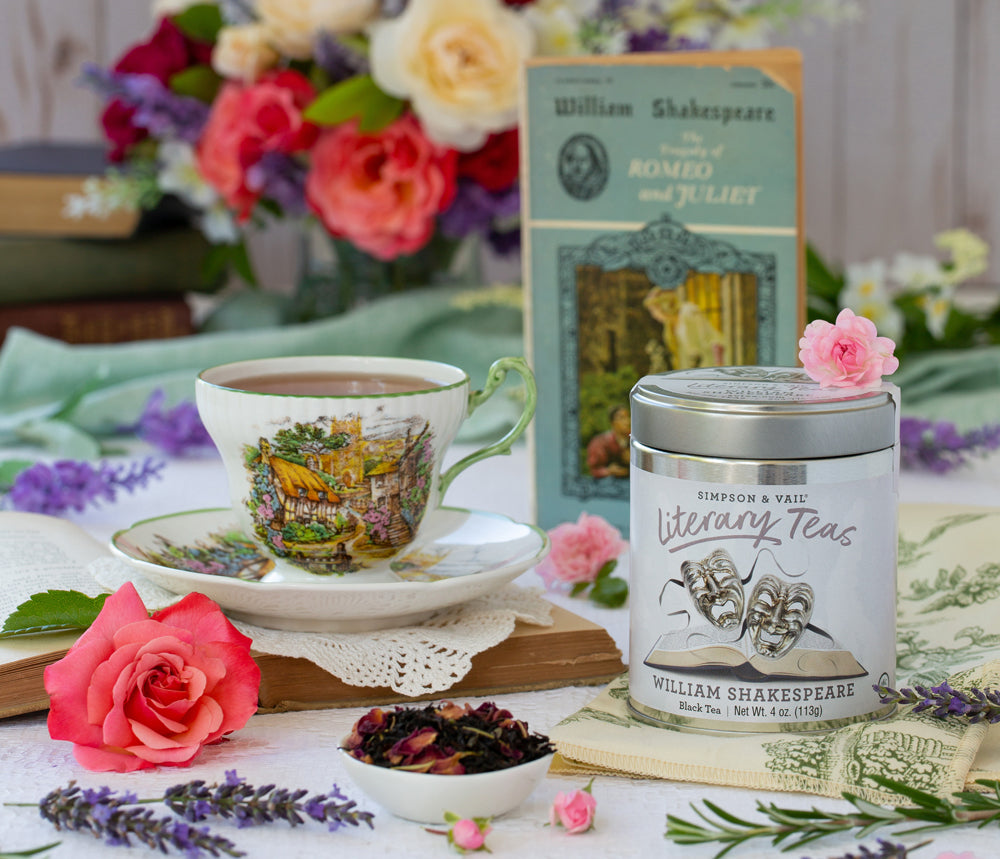A Tea Taster’s Glossary

Have you ever wondered what some of the terms mean that are used to describe the taste of your favorite teas? Below is a glossary to help you navigate the world of tea tasting.
AROMA
The odor of the tea liquor and the infused leaf, is also called nose or fragrance. A complex aroma is often described as a bouquet.
ASTRINGENT
The dry, puckering quality of the liquor caused by tannins in the tea. This feeling is refreshing and invigorating.
BITE
A taste that is lively and brisk.
BODY
The tactile sensation of weight and substance of the liquor experienced in the mouth. The impression of viscosity is not due solely to the amount of soluble solids, but is accentuated by flavor and pungency. In black teas, full body denotes a strong, thick, concentrated infusion.
BOLD
Big pieces of leaf.
BRASSY
Refers to a liquor with a bitter taste.
BRIGHT
Characteristic of all fine teas. Bright teas have a refreshing liquor with a lively, limpid, or sparkling appearance.
BRISK
Brisk teas have a lively taste, that is palate pleasing, not flat and have the appropriate astringency.
CLEAN
Usually used to describe dry leaf free of dust, fiber and stalk, with a taste that is pure.
COARSE
A liquor that has strength but poor quality.
COLOR
Color varies with the type of tea and origin, but should be bright, limpid, or deep, as opposed to stewy or flat.
COPPERY
Refers to the color, of brewed black tea, that results from high quality manufacturing processes.
CREAMY
Also called creamed or creamed down, this refers to the “film” that sometimes forms as certain black teas cool. This is important when looking to teas that will work best as an iced tea. This cloudiness can be dispersed by adding just a drop of hot water to the cooled liquor.
DULL
The opposite of bright, and not a desirable quality.
EARTHY
When teas are stored in damp conditions they are sometimes referred to as earthy. But this term can also be used to describe the desirable taste of some green, oolong and pu-erh teas.
EVEN
Leaf pieces of roughly the same size.
FERMENTATION
A term that is sometimes used, incorrectly, to describe the processing of Oolong and Black teas. The actual process is called oxidation, although fermentation is employed when processing Pu-erh teas.
FLAKY
Leaf that is in flakes rather than twisted pieces.
FLAT
A tea that has gone off, has too much moisture.
FLAVOR
Used to describe the taste of high quality teas. A bouquet that can be tasted as well as sniffed would be flavory.
FLOWERY
Characteristic of the fragrant aroma of many fine high grown Ceylon and Indian teas.
FRUITY
A flavor taint due to improper processing during oxidation; however, a piquant, fruity quality is characteristic of some Oolong teas, and sometimes fruity is used to describe teas that are flavored with fruit or fruit flavors.
GRAINY
Denotes well-made fannings or dusts.
GREENISH
This term refers to a black tea whose infusion has a bright green color and unpleasant astringency. This can be the result of processing problems due to under-rolling or under-fermentation. When it refers to a green tea, however, this is a desired color characteristic.
HARD
Used to describe a black tea liquor with great pungency.
HARSH
A bitter, raw taste with little strength. This is usually the result of low quality leaves or mistakes in the manufacturing process.
IRREGULAR
Uneven size pieces of leaf.
MALTY
The characteristic flavor primarily found in Assam teas.
MELLOW
The opposite of greenish, harsh, etc.
METALLIC
An undesirable taste resulting from poor growing conditions or improper storage of teas.
MUDDY
The appearance of brewed tea that is dull.
MUSCATEL
A taste characteristic found in some Darjeeling teas.
NOSE
Refers to the pleasing aroma of dry leaf tea.
POINT
Black tea leaf with a desirable briskness
PLAIN
Lacking in desirable qualities and character.
PUNGENT
An astringent, brisk, puckery palate sensation.
RAGGED
Uneven and irregular pieces of leaf.
SELF-DRINKING
Said of a tea that possesses all the requisites of quality and thus does not need blending.
SMOOTH
With a pleasant, rounded taste.
SMOKEY
This can refer to an unwanted taste of smoke present in the tea resulting from improper processing or storage. When referring to smoked tea, Lapsang Souchong, however, it is a desirable characteristic of fragrance and flavor.
TAINTED
Unpleasant flavor caused by chemicals used in cultivation, or by damp conditions, or by pollution during transportation, etc.
TANNIN
One of the major components which contributes to the taste and pungency of tea.
THICK
Brewed Tea with substance.
THIN
A tea with little strength due to hard withering, under-rolling, or too high a temperature during rolling.
TIP
The very end of the delicate young buds that give golden flecks to the processed leaf.
TISANE
Refers to infusions of herbs, fruits, etc that do not contain tea (Camellia sinensis).
WINEY
Usually used to describe fine Darjeeling or Keemun black teas.
WIRY
Well-twisted leaf, as opposed to open pieces.








Leave a comment